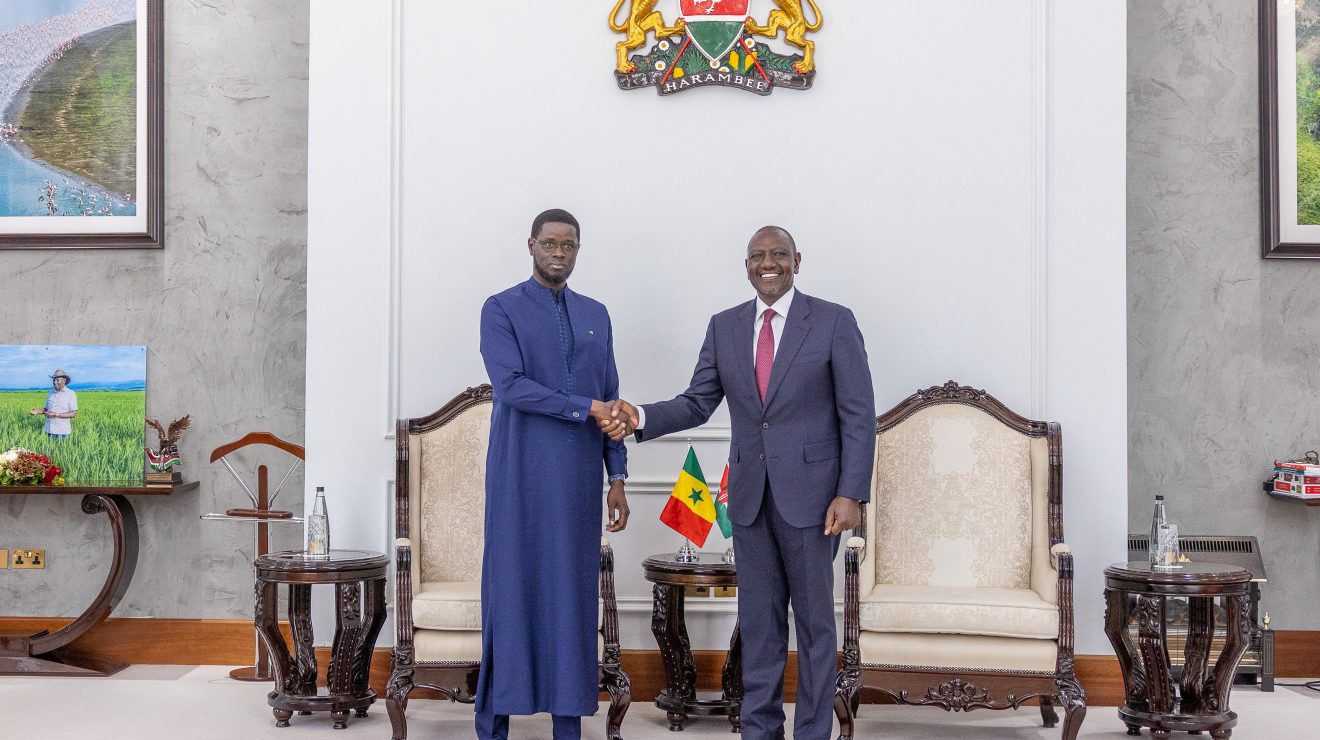
The Governments of Kenya and Senegal have signed a visa-free travel agreement, effective 21st October 2025, allowing citizens of both countries to visit each other for up to 90 days without a visa. The agreement was formalized during Senegalese President Bassirou Diomaye Faye's official visit to Nairobi.
This landmark move symbolizes Africa's collective ambition to strengthen intra-continental ties and promote mobility between West and East Africa. It opens new opportunities for business, education, and cultural exchange, while reinforcing the goals of the African Continental Free Trade Area (AfCFTA) and Agenda 2063, which envision a borderless, economically empowered Africa.
President William Ruto framed the deal as part of a broader push to deepen cooperation and remove barriers that limit trade and mobility, while Senegal's leadership flagged the pact as an expression of shared political and economic goodwill.
Visa friction is a practical and psychological barrier for international conference planners and exhibitors; removing it simplifies logistics for delegations travelling between West and East Africa, and signals to global event buyers that the region is becoming more business-friendly. That frictionless travel is particularly important for incentive travel and hybrid bleisure models, where ease of movement coupled with attractive leisure add-ons drives delegate numbers and per-delegate spend.
Key Insight
The signing of a visa-free travel agreement between Senegal and Kenya in October 2025 marks a significant milestone for Africa's business events ecosystem.
The signing of a visa-free travel agreement between Senegal and Kenya in October 2025 marks a significant milestone for Africa's business events ecosystem. Citizens of both countries can now travel, stay or transit in either nation for up to 90 days without a visa. While on the surface this is a diplomatic win for both nations, the implications for the MICE industry, particularly in West Africa are profound.
Impact on West Africa's MICE Market
Improves cross-regional connectivity
By lifting visa barriers, the agreement opens smoother travel routes between East and West Africa, making it easier for organizers, delegates and exhibitors to move between hubs.
Enhances business event accessibility
With travel formalities simplified, destinations in Senegal and neighboring West African countries become more attractive for international conferences, exhibitions and corporate gatherings.
Encourages collaborations
The partnership signals that East-West linkages are gaining traction, Kenya brings experience in hosting major business events and tourism infrastructure, while Senegal and West Africa bring new markets and growing demand. The two countries also committed to boosting trade, digital infrastructure, and business-to-business engagement.
Stimulates the regional MICE supply chain
As events grow, so too does the ecosystem of venues, hotels, logistics providers, event planners and support services in West Africa. The visa-free deal lowers one barrier to growth.
Aligns with continental integration efforts
The agreement echoes the drive of African Union's Agenda 2063 and the African Continental Free Trade Area (AfCFTA) framework, which emphasize freer movement of people, goods and services across the continent.
Strategic Implications
What this means for West Africa's MICE industry is that the region is no longer just waiting on the sidelines: it is being actively reframed as a connected, accessible and strategic part of the African business-events ecosystem. With improved travel links and growing collaborations with regions that already have robust MICE capacity, West African destinations are better positioned to host high-value international gatherings, attract investment and build event tourism as part of economic diversification.
